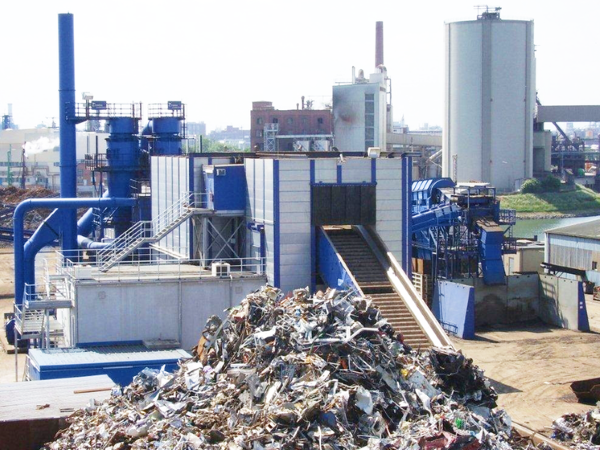A new independent study conducted by the Ernst Abbe University of Applied Sciences in Jena in Germany has raised serious concerns about proposals to restrict steel scrap exports under the European Steel and Metals Action Plan (SMAP). Commissioned by the Federal Association of German Steel Recycling and Waste Management Companies (BDSV) and the Association of German Metal Traders and Recyclers (VDM), the study concludes that such measures would damage Europe’s competitiveness and hinder its green transition.
Why scrap export bans are problematic
According to the study, recycled steel is a vital, consistently available raw material that should be fully utilized. Each ton of recycled steel remelted avoids approximately 1.66 tons of carbon emissions, regardless of where it is consumed. The report stresses that Europe’s net scrap exports are driven by low domestic demand, not oversupply. At the same time, the EU remains dependent on imports of certain high-quality grades such as stainless steel scrap, making an export ban counterproductive.

Risks to trade and decarbonization
The researchers warn that restricting exports could distort markets, redirect trade flows and provoke retaliation from global partners. Such restrictions may also reduce access to high-quality imported scrap and lower global scrap utilization, ultimately resulting in higher worldwide carbon emissions. In short, export barriers would neither strengthen the EU steel sector nor accelerate decarbonization.
Policy recommendations
Instead of protectionist measures, the study recommends addressing structural challenges. These include:
- Reducing high energy costs in Europe.
- Accelerating sorting and pre-sorting technologies for scrap.
- Standardizing quality and certification frameworks.
- Supporting investment to improve scrap quality and stimulate demand.
Industry response
Industry leaders have echoed the findings. Julia Ettinger, secretary general of the European Recycling Industries’ Confederation (EuRIC), stated that export restrictions are not the right tool and that the EU should focus on “real solutions” such as energy cost reduction and high-quality recycling investments. Guido Lipinski, managing director of BDSV, added that Europe’s recycling sector is globally competitive and warned that restricting exports would undermine this competitiveness, harming rather than protecting supply security.
The report concludes that the future challenge will be scrap quality, not volume, and calls on EU policymakers to adopt balanced trade and industry strategies that support both competitiveness and climate goals.